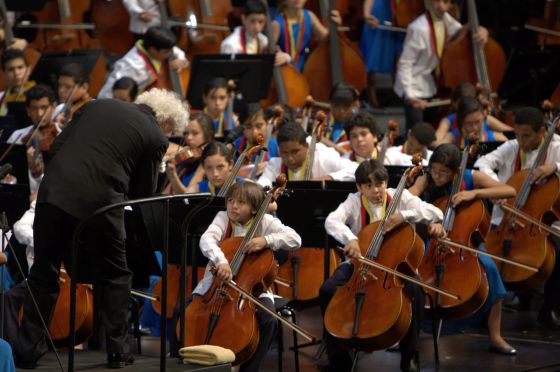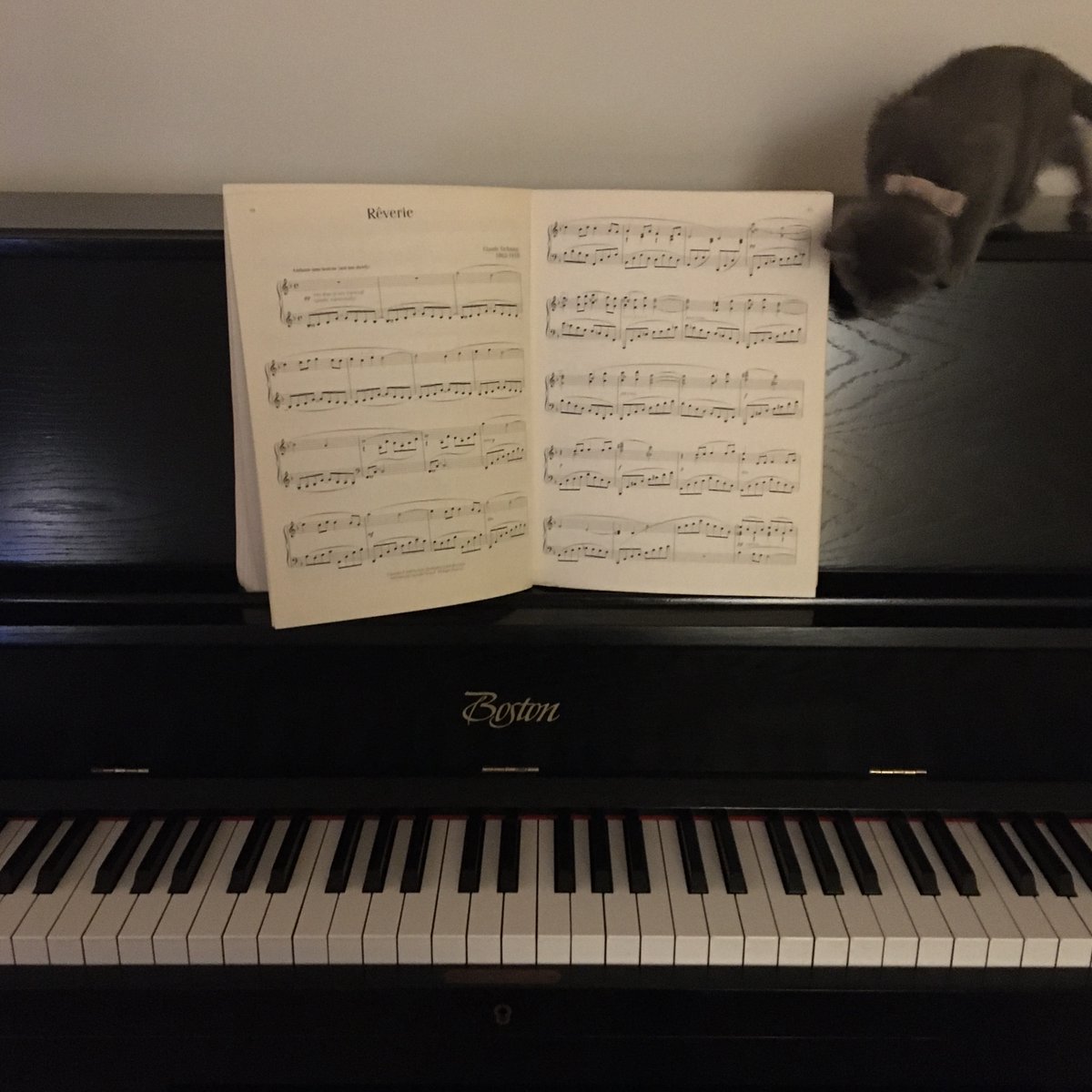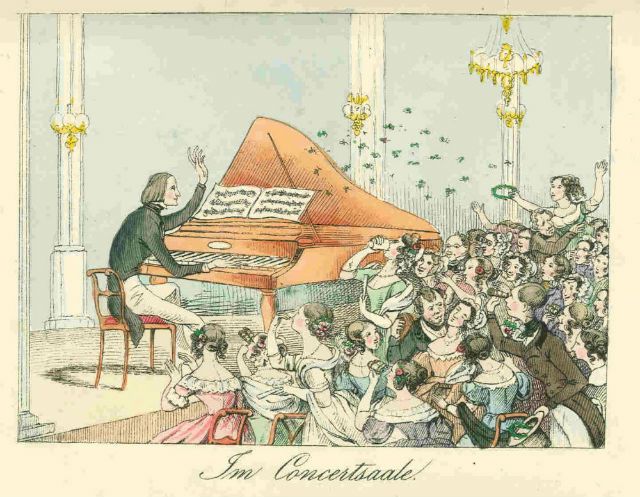
Music, Sense and Nonsense: Collected Essays and Lectures", por Alfred Brendel.
Capítulo: “Performances, programmes, recording - Children’s Orchestra”
#Brendel2020 #MusicSenseAndNonSense #SundayBlues
#TeamLimantour
open.spotify.com/playlist/3M9qu…
Capítulo: “Performances, programmes, recording - Children’s Orchestra”
#Brendel2020 #MusicSenseAndNonSense #SundayBlues
#TeamLimantour
open.spotify.com/playlist/3M9qu…
“A ten-year-old draws all gazes upon himself. Small and handsome, he sits at the first desk of the cello section right next to the conductor and hardly looks at the music, obviously mesmerized by Sir Simon Rattle who instils into him and others Mahler’s First Symphony”. 

En este capítulo Brendel habla de la Sinfónica Nacional Infantil de Venezuela, compuesta de niños de 9 a 13 años, que debutó en el Festival de Salzburgo en 2013 bajo la batuta de Sir Simon Rattle.
“Brilliantly prepared, as well as inspired to the last detail by the evening’s conductor, it gave one of the most affecting performances I have witnessed in Salzburg in half a century”.
Brendel destaca también la dirección de Rattle: “The orchestra followed him enraptured. (…) Differently to some of his colleagues, Rattle does not simple beat time, he conducts character, colour and atmosphere to the extent few have been able to convey since Carlos Kleiber.” 

Brendel habla del descuido en el que se encuentra la educación musical en muchos países. Lo logrado en Venezuela con “El Sistema” desde 1975 se considera un modelo a seguir en varios lugares. El beneficio de reunir niños para hacer música ha tenido también un gran impacto social. 

“Children now join forces in doing something that lifts them above the daily round and prevents them from succumbing to juvenile delinquency, violence and drugs. Has the power of music ever generated such comprehensive social benefit?” 

El Dr. Abreu, fundador de “El Sistema”, ha enfatizado que no sólo busca lograr mejores músicos sino también mejores seres humanos. “How does one get to be a better person? Possibly by becoming aware of each other, listening to each other and in dong so, finding a higher purpose.” 

Para Brendel, José Antonio Abreu, el mentor y verdadera alma de “El Sistema”, es de los pocos que con tenacidad y suerte, ha sido capaz de lograr un sueño. Para 2013, había más de 280 escuelas de música y alrededor de 1000 grupos instrumentales y vocales en Venezuela. 

De niño, Brendel fue testigo del fascismo, del nazismo, de la Ustasha, los SA y los SS, y del caos de los últimos años de la guerra. “Consequently, I became suspicious of all crowds, found ‘community’ painful and nationalist abhorrent". 

“From my sceptical corner, I look at the Venezuelan miracle with amazement. The concert crowd is the only one I have made my peace with as long as it refrains from coughing… 

…May I dare to hope that in the wake of their triumphs the young Latin-American musicians shall not get consumed by musical and political chauvinism, and that their early professionalism will lead to an adulthood that gives individuality its due.” 

@threadreaderapp unroll
• • •
Missing some Tweet in this thread? You can try to
force a refresh












